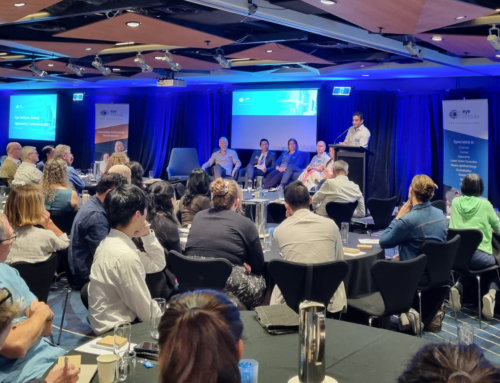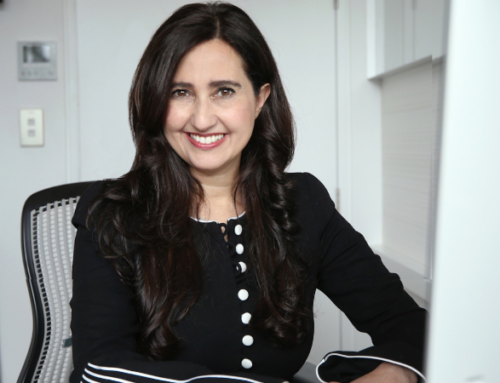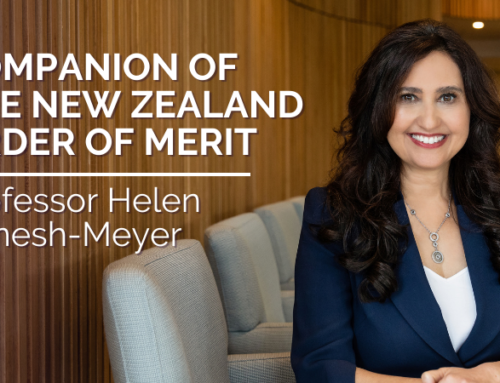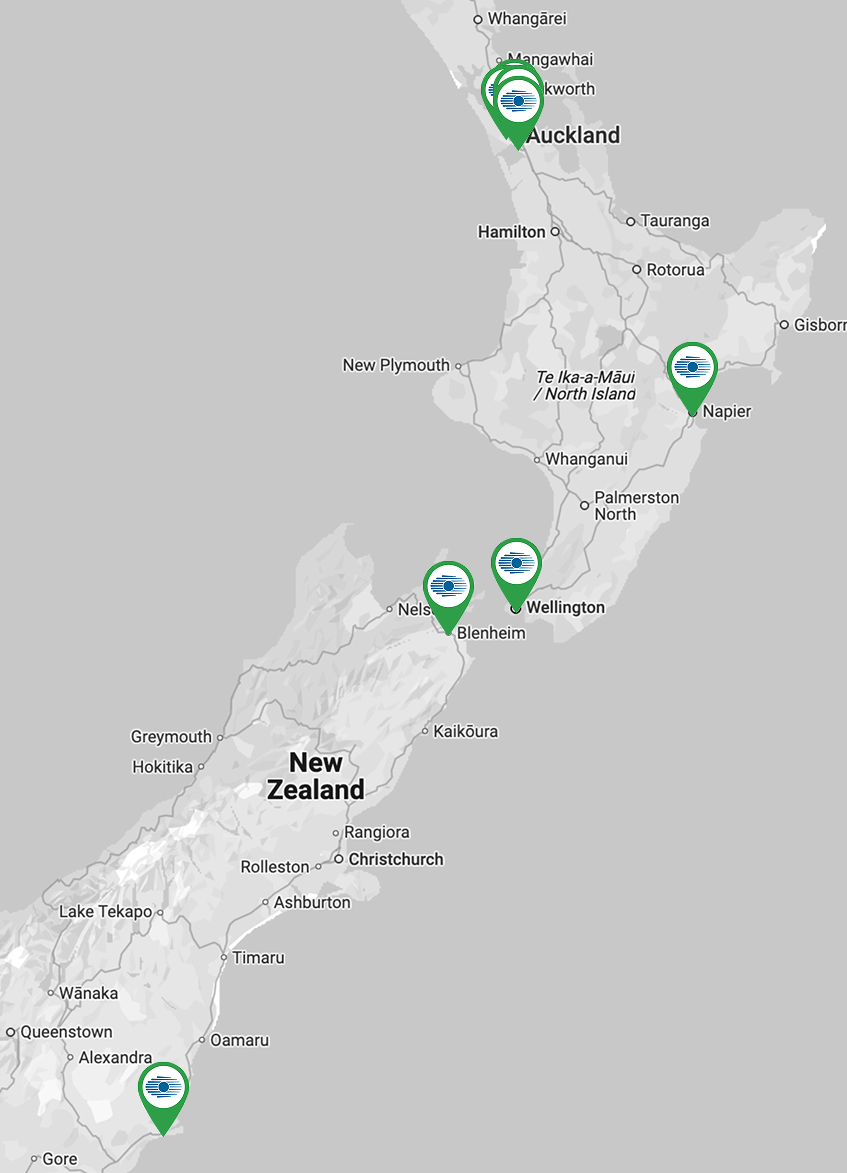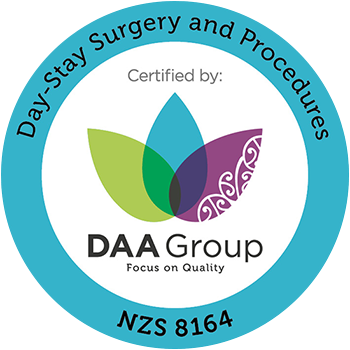Tiny tube saving sight of glaucoma patients in New Zealand
A new procedure which sees a tiny tube inserted into the eye to save the eyesight of glaucoma patients is now available in New Zealand.
Chairwoman of Glaucoma New Zealand and Eye Institute surgeon Professor Helen Danesh-Meyer was the first New Zealand surgeon to be fully certified to perform the operation using the new Xen Gel Implant. The new technology gives glaucoma sufferers a less invasive option and could help reduce the backlog of patients waiting for treatment.
A tiny gel tube the size of an eyelash can now be inserted into the eye to allow fluid to drain away and reduce the pressure build up in the eyes of people with primary open-angle glaucoma – the most common type.
Glaucoma affects one in 10 New Zealanders over the age of 70 and can lead to blindness if left untreated.
Chairwoman of Glaucoma New Zealand and Eye Institute surgeon Professor Helen Danesh-Meyer was the first New Zealand surgeon to be fully certified to perform the operation using the new Xen Gel Implant.
The first implant in New Zealand was inserted about three months ago and since then Danesh-Myer had performed about a dozen surgeries and said it was a huge improvement on the traditional trabeculectomy.
Glaucoma was initially treated with drops or laser technology but when it came to surgery the most commonly used option was to have flaps cut through each layer of the eye.
“It is quite a big development for glaucoma surgery. Traditional glaucoma surgery involves quite an invasive operation with lots of stitches and incisions,” she said.
To insert the 6mm long Xen implant, two tiny incisions of less than 2mm were needed.
Danesh-Meyer said the new technique vastly reduced the risk and improved recovery.
Sutures were often the source of infection but because the incisions were small and no sutures were needed for the new operation, the risk of infection was minimal, she said.
Evidence also showed the long-term outcome when using the Xen implant had the potential to be better than a traditional trabeculectomy where the flaps often healed up or caused scarring.
“If you imagine a younger person with glaucoma, the longer you can make it last, the better,” Danesh-Meyer said.
“These days, when I see a patient, I’m expecting them to live until 100. They want to be still visually independent. The goal, therefore, is to preserve their vision as long as possible.
“That to me is one of the more fundamental advantages. If you do a Xen and it fails then you have the options of doing another Xen or you can get the traditional trabeculectomy.”
Auckland District Health Board and Counties Manukau District Health Board both had approval for public funding for the procedure and other health boards were in the process, she said.
The other advantage was that it took 15 to 30 minutes to place the implant compared to 45 minutes to an hour and a half for a trabeculectomy.
Danesh-Meyer said the significant reduction in surgery time also had the potential to allow ophthalmologists to see patients in a more timely manner and help health boards clear the backlog of patients waiting for eye appointments.
Earlier in the year the Herald reported more than 20,000 New Zealanders were overdue for a follow-up eye appointment while almost 70 people who were losing their vision had their conditions worsen because of treatment delays by the end of last year.
Managing director of Allergan Australia and New Zealand, which makes the stent, Gerard Muhle said the procedure had been performed between 30 and 50 times in New Zealand already and five or six other surgeons were in the process of becoming certified.
About glaucoma
• Glaucoma is the number one cause of preventable blindness in New Zealand and other developed countries.
• Glaucoma is the name given to a group of related diseases where the optic nerve is being damaged. The nerve fibres progressively die taking away the peripheral or side vision first.
• Visual loss often goes undetected until it is quite advanced.
• Glaucoma is incurable. Damage to the optic nerve is permanent.
• The damage is progressive: if untreated, it will continue getting worse.


